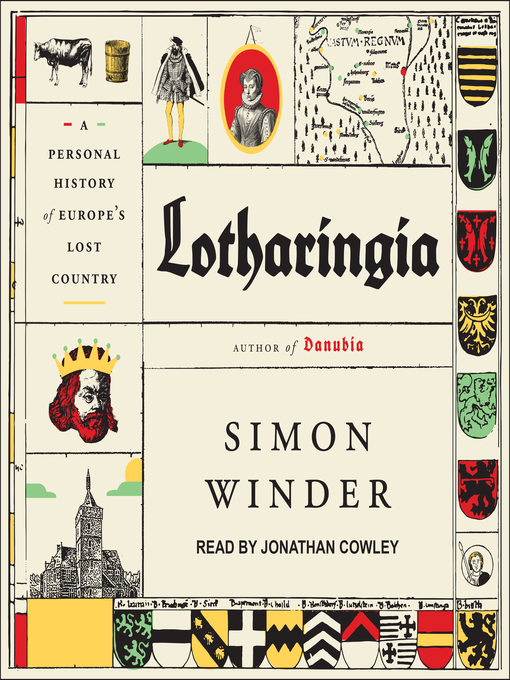- New eBook Additions
- Schooling @ Home
- All Classics! Always Available! All the Time!
- What's Available Now in eBooks
- New Kids Additions
- New Teen Additions
- Most Popular
- Talk Nerdy to Me
- See all ebooks collections
- What's Available Now in eAudio
- New Audiobook Additions
- New Kids Additions
- New Teen Additions
- Most Popular
- See all audiobooks collections
- Favorite Magazines
- News & Politics
- Just added
- Cars & Motorcycle
- Food & Cooking
- See all magazines collections

